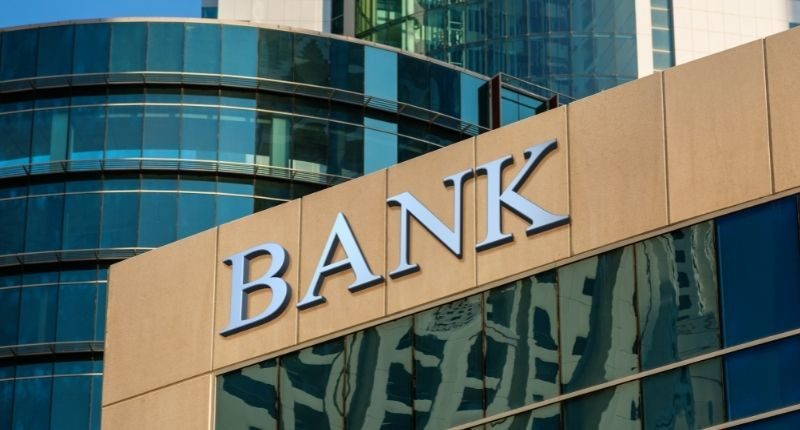- The cash rate has risen from 0.35% to 0.85%
- Follows a rise last month - the first rise since 2010
- Comes as inflation skyrockets
The Reserve Bank of Australia (RBA) has increased the cash rate again, from 0.35% to 0.85%, following ongoing inflationary concerns.
The rate increased from the record-low level of 0.1% to 0.35% last month. This represented the first rate rise since November 2010 and the first change to the rate since November 2020.
The two consecutive rate rises come despite the RBA being adamant as recent as a year ago that rates wouldn’t rise until 2024, which is when they expected wage growth to increase.
“Inflation in Australia has increased significantly,” said Dr Lowe in his post-meeting statement.
“While inflation is lower than in most other advanced economies, it is higher than earlier expected. Global factors, including COVID-related disruptions to supply chains and the war in Ukraine, account for much of this increase in inflation.
“But domestic factors are playing a role too, with capacity constraints in some sectors and the tight labour market contributing to the upward pressure on prices. The floods earlier this year have also affected some prices.”
Philip Lowe, RBA
Not bad news
Dr Lowe added the RBA expects the level of inflation to decline back towards 2-3% next year. Overall, Dr Lowe expects the economy to remain resilient.
“Household and business balance sheets are generally in good shape, an upswing in business investment is underway and there is a large pipeline of construction work to be completed,” he said.
“Macroeconomic policy settings are supportive of growth and national income is being boosted by higher commodity prices. The terms of trade are at a record high.”
Dr Lowe also noted the labour market is strong.
“Employment has grown significantly and the unemployment rate is 3.9 per cent, which is the lowest rate in almost 50 years. Job vacancies and job ads are at high levels and a further decline in unemployment and underemployment is expected.
“The Bank’s business liaison program continues to point to a lift in wages growth from the low rates of recent years as firms compete for staff in a tight labour market.”
The increase had been expected not just by economists but by borrowers – analysis from Mozo’s suggests 76% of borrowers have been preparing for rate hikes. 29% have been putting extra money into their savings account in anticipation of rate rises.
Deposit rates on the rise
Since the increase in May, 55 deposit-takers have already seen increased saving rates, although the average rate is up 17 basis points – well below what the cash rate increased by, according to Mozo.
“There’s still not a lot of good news around for the nation’s savers with ongoing rates on some of the most popular savings accounts failing to fire,” said Mozo spokesperson, Tom Godfrey.
“At a time when cost of living pressures continue to hit home, if you’re trying to get a return on your cash your best bet might be to consider a term deposit as at-call savings account rates are not showing many signs of life.”
According to Mozo’s latest deposit analysis, the top 1 year term deposit is 2.9% through AMP Bank, firstmax and Goldfield’s Money. This rate is 167 basis point above the average of 1.23%.
For those 35 years or under, the Bank of Queensland is offering a 3% bonus deposit rate, with Westpac offering 2% to under 30’s.
“If you don’t need to access your cash in the short term, term deposits might offer better returns than savings accounts,” Mr Godfrey continued.
“It seems clear deposit takers are continuing to build their capital reserves on the back of higher term deposit rates. With household spending increasing and the cash rate likely to continue to rise, it seems deposit takers are taking the opportunity to lock in their customers’ cash.”








